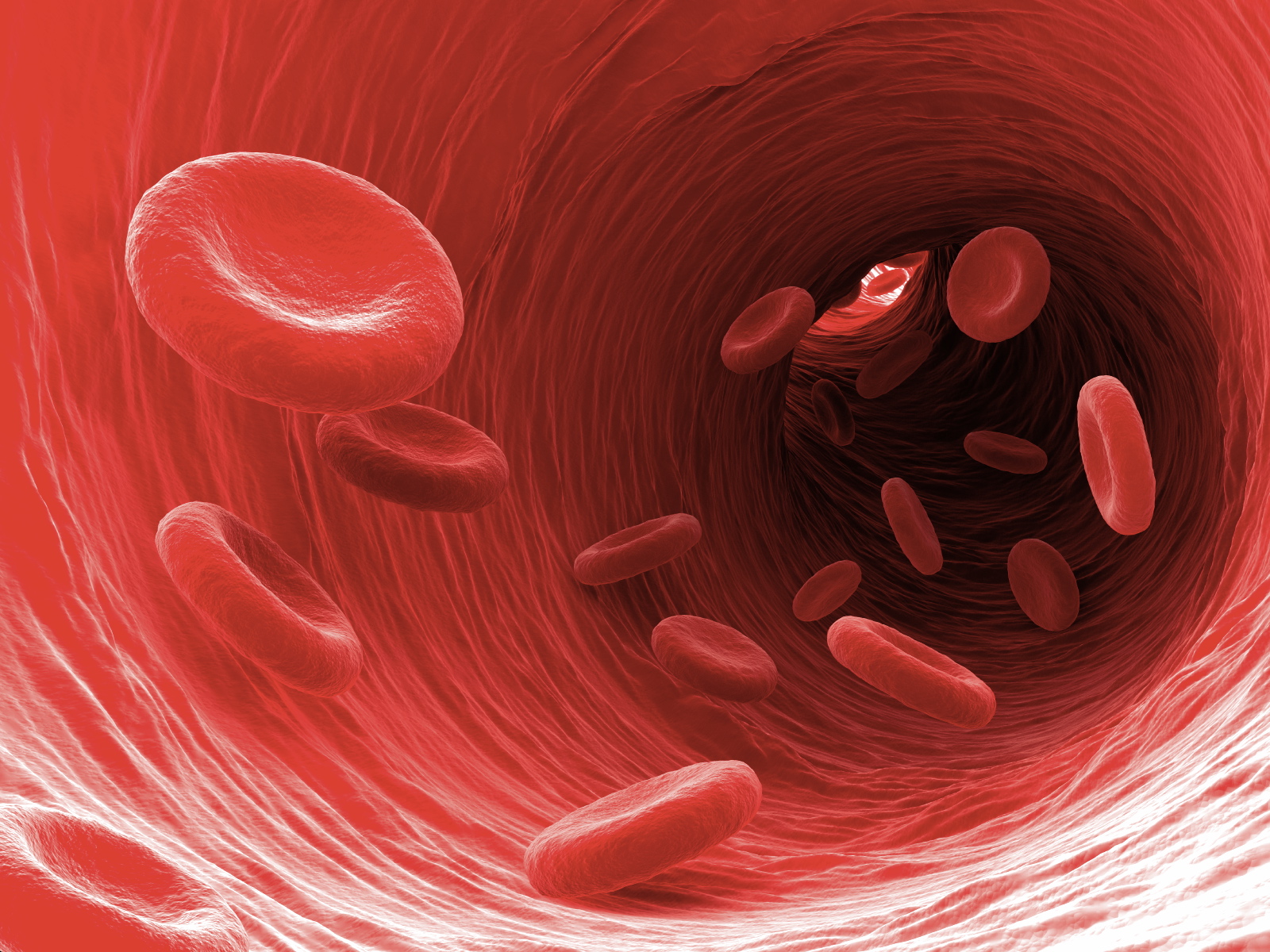
Researchers at the University of Pennsylvania have developed an electronic nose that may be able to sniff out signs of cancer from blood plasma samples. In tests, the device was able to detect a range of cancer types with over 90 percent accuracy.
Volatile organic compounds are chemicals that are responsible for odors, with different sources releasing different mixtures. Sensitive instruments can detect subtle differences in the makeup and ratio of these VOCs and identify whether that odor is coffee or carnations.
Over the years, scientists have investigated how VOCs given off by cancer could be detected as part of a diagnostic system. Sniffer dogs have shown promise in detecting lung cancer on a patient’s breath, while electronic devices have since taken over to diagnose stomach, esophagus, and head and neck cancers, with promising results. Others have sniffed out signs of prostate cancer in urine samples.
For the new study, the researchers used an e-nose to analyze samples of blood plasma for signs of cancers that are normally hard to detect, like pancreatic and ovarian cancers. The device used algorithms that had previously been trained to associate specific VOC combinations with the different cancers, and even what stage of progression they were at and whether they were benign or not.
The team studied samples from 93 individuals – 20 with ovarian cancer, 20 with benign ovarian tumors, 13 with pancreatic cancer, 10 with benign pancreatic disease, and 30 age- and sex-matched controls.
And sure enough, the e-nose was able to detect ovarian cancer with 95 percent accuracy, and pancreatic cancer with 90 percent accuracy. Of those, it picked out all eight patients who had early-stage cancers, suggesting it could be useful as a diagnostic tool to catch the disease before it gets too bad.
“It’s an early study but the results are very promising,” says Charlie Johnson, co-author of the study. “The data shows we can identify these tumors at both advanced and the earliest stages, which is exciting.
